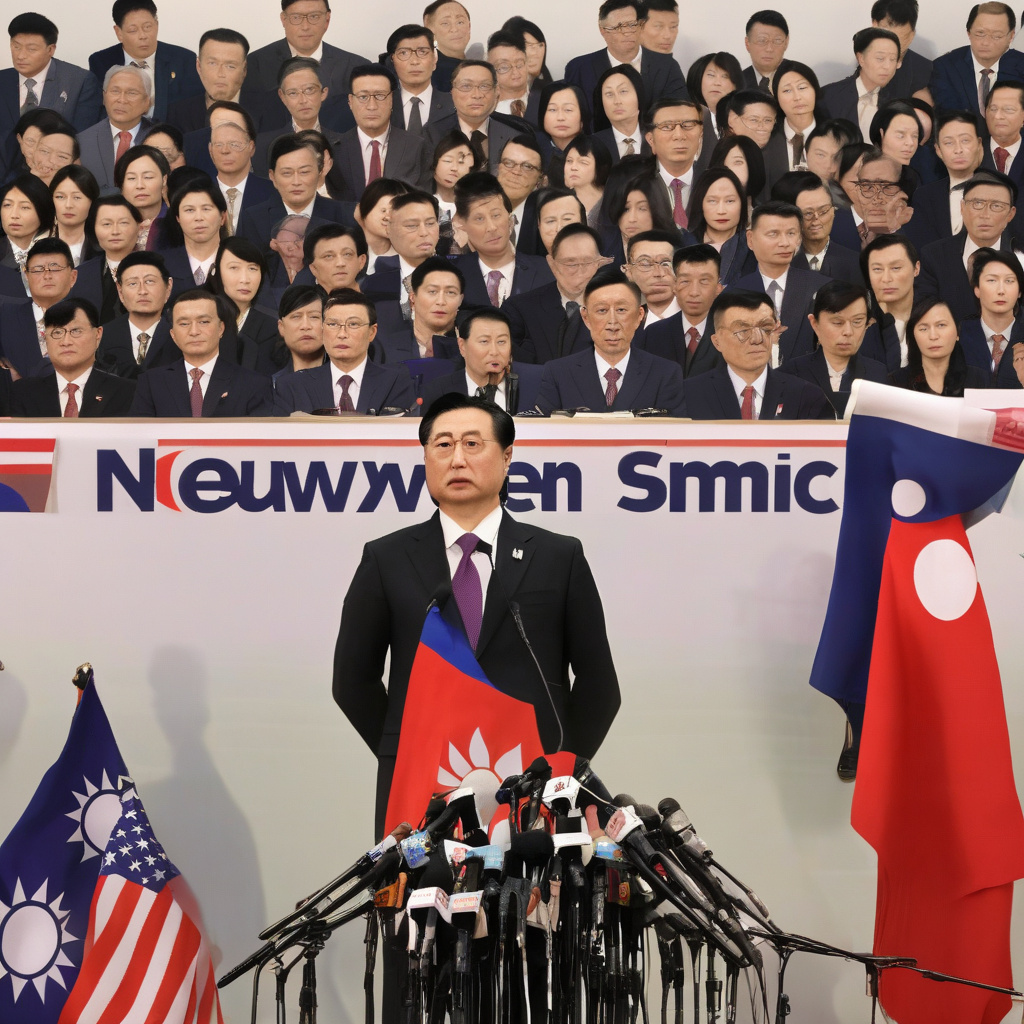In a significant move impacting the tech landscape, Taiwan has recently placed export controls on Chinese tech giants Huawei and SMIC. This decision is poised to have far-reaching implications, particularly in the realm of AI chip development, where access to crucial resources is now under scrutiny.
Taiwan’s export controls on Huawei and SMIC come at a crucial juncture when the global tech industry is closely watching developments in AI chip manufacturing. These controls can potentially disrupt the supply chain for both companies, leading to delays in product launches and advancements in AI technology.
For Huawei, a key player in the telecommunications and smartphone sectors, the restrictions imposed by Taiwan could impede its ability to procure essential components for AI chip development. This, in turn, might hinder Huawei’s competitiveness in the AI market, where innovation and timely product releases are paramount.
Similarly, SMIC, one of China’s largest semiconductor foundries, may face challenges in sourcing critical resources needed for AI chip production. With Taiwan being a key hub for semiconductor manufacturing, restrictions on exports to SMIC could curtail its capacity to meet the growing demand for AI chips, impacting its market position and future growth prospects.
The implications of Taiwan’s export controls extend beyond individual companies to the broader landscape of AI innovation. As AI continues to reshape industries and drive technological advancements, any disruptions in the supply chain can have cascading effects on the pace of innovation and the competitiveness of tech firms globally.
At the same time, Taiwan’s decision underscores the growing concerns around national security and technology transfer, especially in the context of escalating geopolitical tensions. By imposing export controls on Huawei and SMIC, Taiwan is signaling its commitment to safeguarding critical technologies and preventing their unauthorized transfer to entities that could potentially compromise security interests.
In conclusion, Taiwan’s move to place export controls on Huawei and SMIC represents a significant development with implications for the AI chip industry and beyond. As the tech landscape continues to evolve, navigating the complex interplay between technology, geopolitics, and security will be crucial for stakeholders across the global tech ecosystem.

